About 1200 people are receiving help from the Refood project, in the Algarve, divided by the nuclei of Faro, Albufeira, Almancil and Vila Real de Santo António. Each of these people has a different story and it would be impossible to tell them all, one by one. Still, almost all of them have one thing in common: the pandemic.
Those who were in an unstable financial situation before the arrival of Covid-19 and the first confinement, found it more difficult to get back on their feet. And people – and there are many – who had never faced difficulties in putting a meal on the table were faced with this reality for the first time.
With the pandemic, the planes were on the ground and tourism had a severe brake. Many companies were forced to join the lay off and others closed doors.
Those who have not lost their jobs – or who have not been able to find a place in the labor market for the high season, as is customary in the Algarve – have experienced sharp drops in income and are no longer able to pay the bills.
A year and a half has passed since the first confinement was decreed, the situation is difficult, according to those responsible for Refood Faro – who are also ambassadors of the Algarve nuclei – and the expectation is that it will get even worse.
The life story of Nancy Goncalez, who receives food support from Refood Faro since February, it has never been easy, but the pandemic has made everything more difficult.
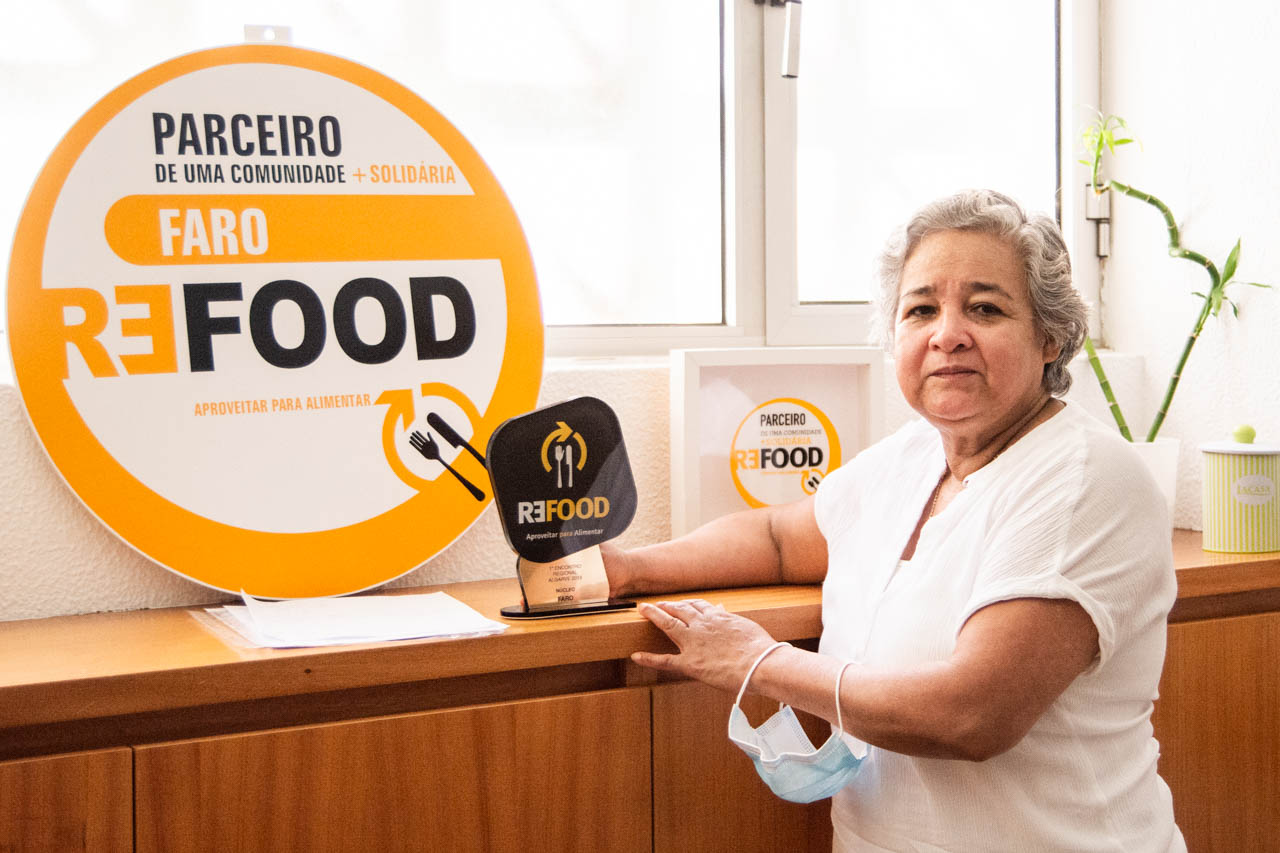
The husband had an accident at work and is bedridden. You receive 635 euros per month. Nancy, who was born in Venezuela but moved to Portugal in 2002, is also unable to work and receives a disability pension of €232. The rent for the house, a T3, is 450 euros. About 200 euros are left over for expenses such as electricity, water, internet and food, and the couple lives with three grandchildren, aged 19, 18 and 17, all of school age.
Or rather, he lived, because the eldest, who even worked part-time to help pay the expenses, was left without a job due to the pandemic and had to find an alternative.
“He left his studies in design and joined the army. That leaves another plate of food for the brothers», Nancy tells Sul Informação.
Across the country, according to a study by the Catholic University, 400 people were “thrown” into poverty due to the pandemic, with the Algarve being the most affected region. This is the case of this family that, until a few months ago, «had no problems».
Paula Matias, volunteer coordinator of Refood Faro, gives another example: «we have a family here, with two children. The parents worked at the airport, with an income of 1300 euros. With this situation of the lay off the income dropped to 600 and such, which forced the family to leave their house and return to their parents' house».
Carlos Reis, who is also the volunteer coordinator of this IPSS that, only in Faro, provides assistance to around 400 people, says that “the profile of those we support has changed substantially with the pandemic. We have teachers, social workers, we even have an architect. Then there are people from the tourism sector, from the airport, from Forum Algarve» and even students from the University of Algarve.
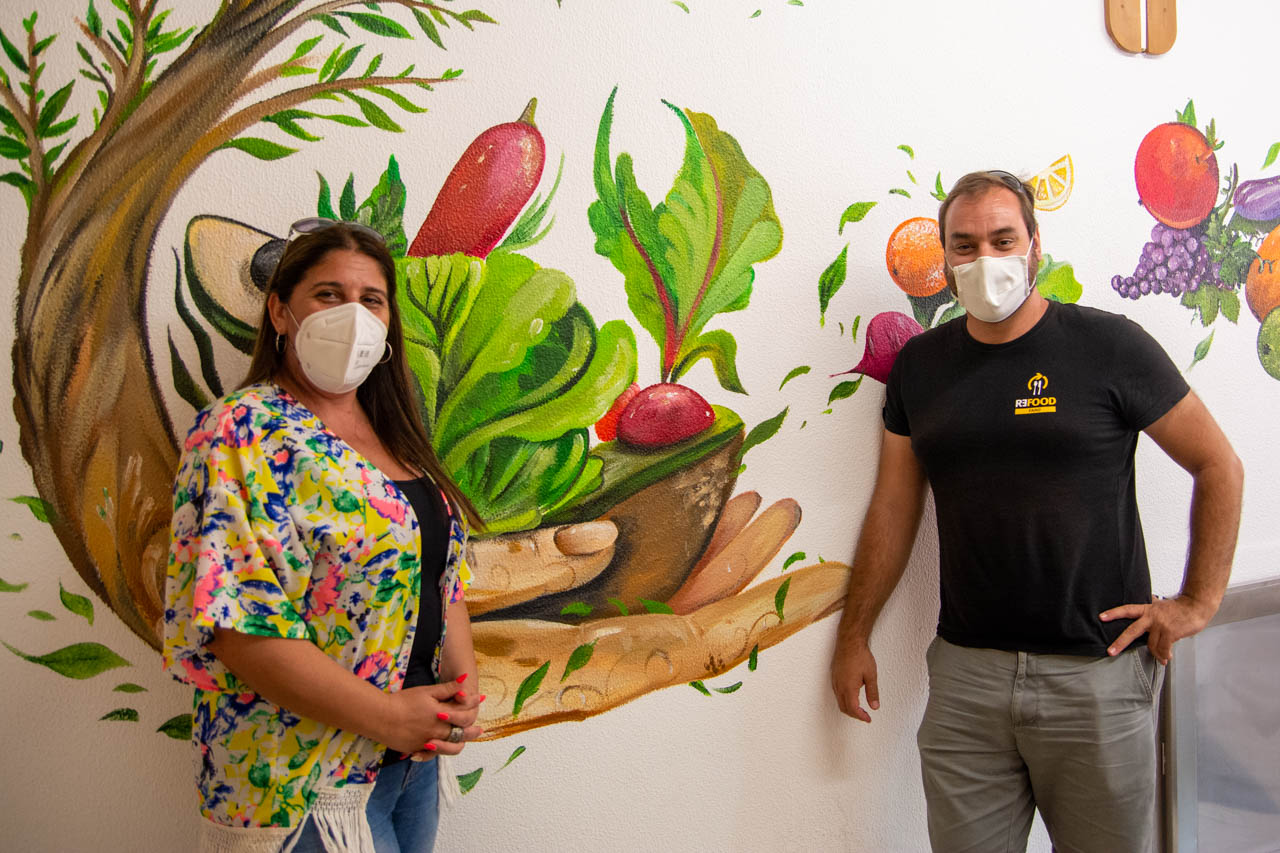
The person responsible for ReFood Faro he says that, before Covid-19, “if we supported any students, it was a very residual number and now we have had several cases. Young people getting a bachelor's degree, others getting a master's degree. Nobody is free».
Paula Matias thinks this happens because “parents have difficulties in paying the rent, which is expensive. Here we have young people who are not from here, two of them who worked in restoration and were left without work».
This new reality for many people and families is obviously not easy to accept. However, “when there are children involved, people end up losing a bit of their shame and come to ask for help”, according to Paula Matias.
Once this step has been passed, there is another shame that is even more difficult to overcome, that which concerns others.
“There are cases of families asking to change the day they come to get food, because they have work colleagues here to volunteer,” says Paula Matias.
In these situations, masks even help. “There are many people who feel uncomfortable standing in line, waiting for food. There are people who come with masks, glasses and hats, in order to hide their identity. There are also people who, when they see the long line, go for a walk, come later”, adds Carlos Reis.
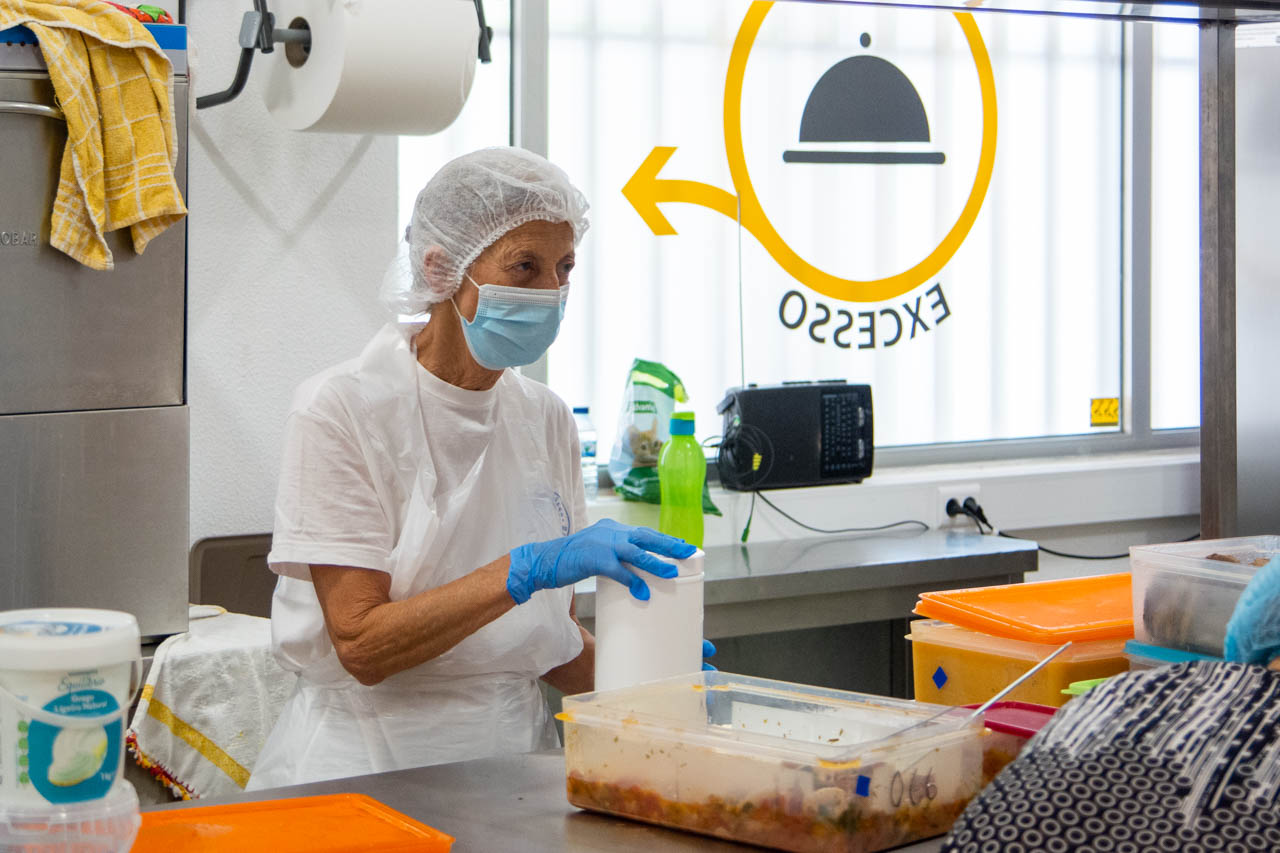
This step of assuming the difficulty in front of others “is very complicated for someone who has never been in a similar situation. We are talking about people who had their lives completely structured over many years. With wages that allowed them to pay their expenses and have food without major difficulties and that, from one moment to another, they found themselves in this situation, which they never imagined. On a psychological level it is very difficult».
And it's not just difficult for parents. It is not easy for children to accept this new reality either. “There are many teenagers who have always lived in an opposite reality. Parents have always been able to provide them with what all children should have. However, all of a sudden, these parents are in a line at Refood to come get food. The children also rebel and feel ashamed», according to Paula Matias.
There are even cases of “adolescents who ask their parents not to come here and they have to explain to them that it is the only way”.
Of the approximately 400 beneficiaries of Refood Faro, 150 are children or teenagers.
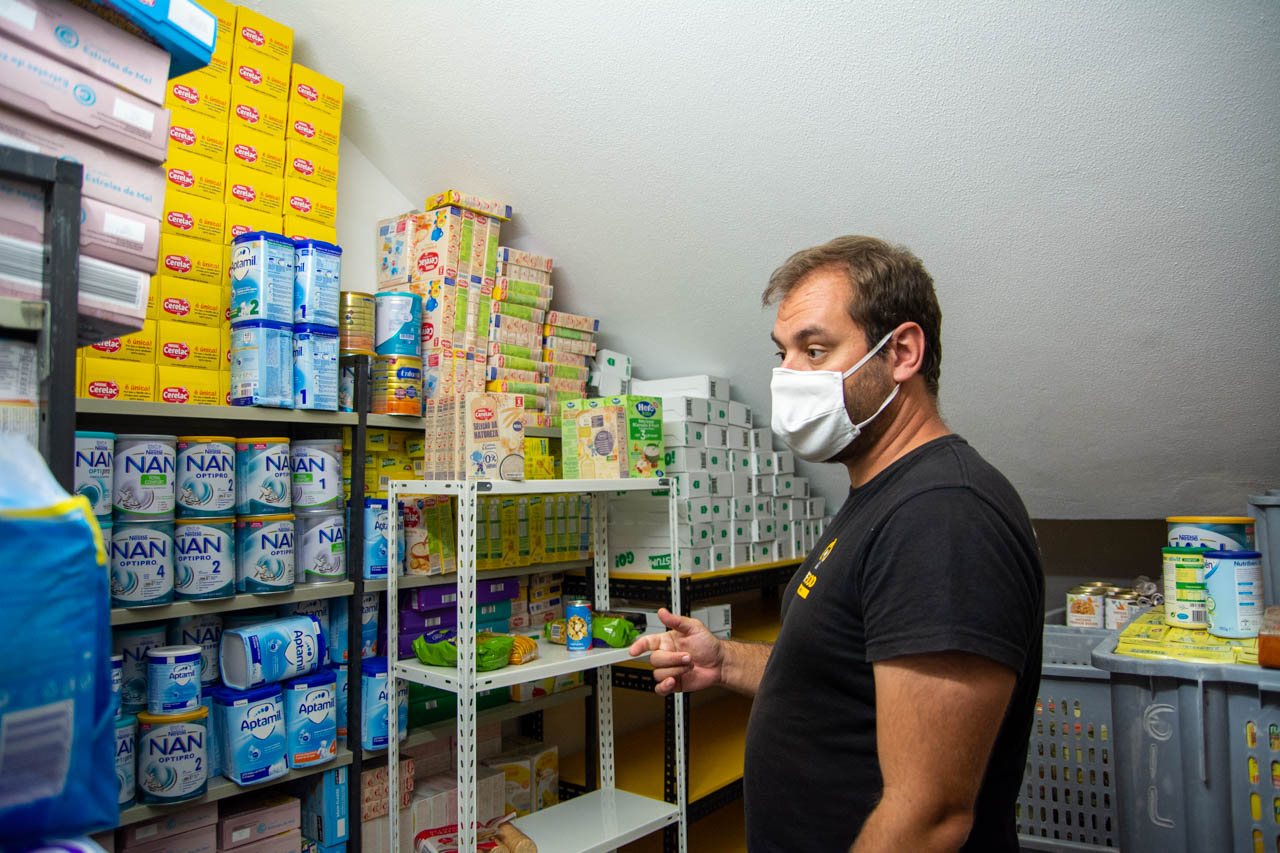
Carina Ataíde, aged 38, lives with her two children, aged 7 and 11. Carina was already receiving support before the pandemic, but “when I was intending to reduce my visits to Refood, because I thought I was getting better and wanted to do everything for me, the Covid-19 situation was all in the background. Everything I had achieved broke everything and, if it weren't for Refood, it would be very, very complicated», he tells Sul Informação.
Carina teaches Curriculum Enrichment Activities (AECS) and is a therapist. As they do not have a contract, if they do not work they do not earn and, with two children at home, due to the closing of schools, during periods of confinement, the situation has become even more complicated.
“I tried to get a part-time job, but it's very complicated, because of the schedules, because of them. They either have morning or afternoon classes. Even if he got a part-time job, it would only be to pay their ATL. That way, at least, I'm able to support them in whatever way I can,” he explains.
The situation, before the start of summer, “was improving. I was doing more therapies, because people are more at ease, with the reduction of infections, but now, with the increase in cases, everything has gone back”, he laments.
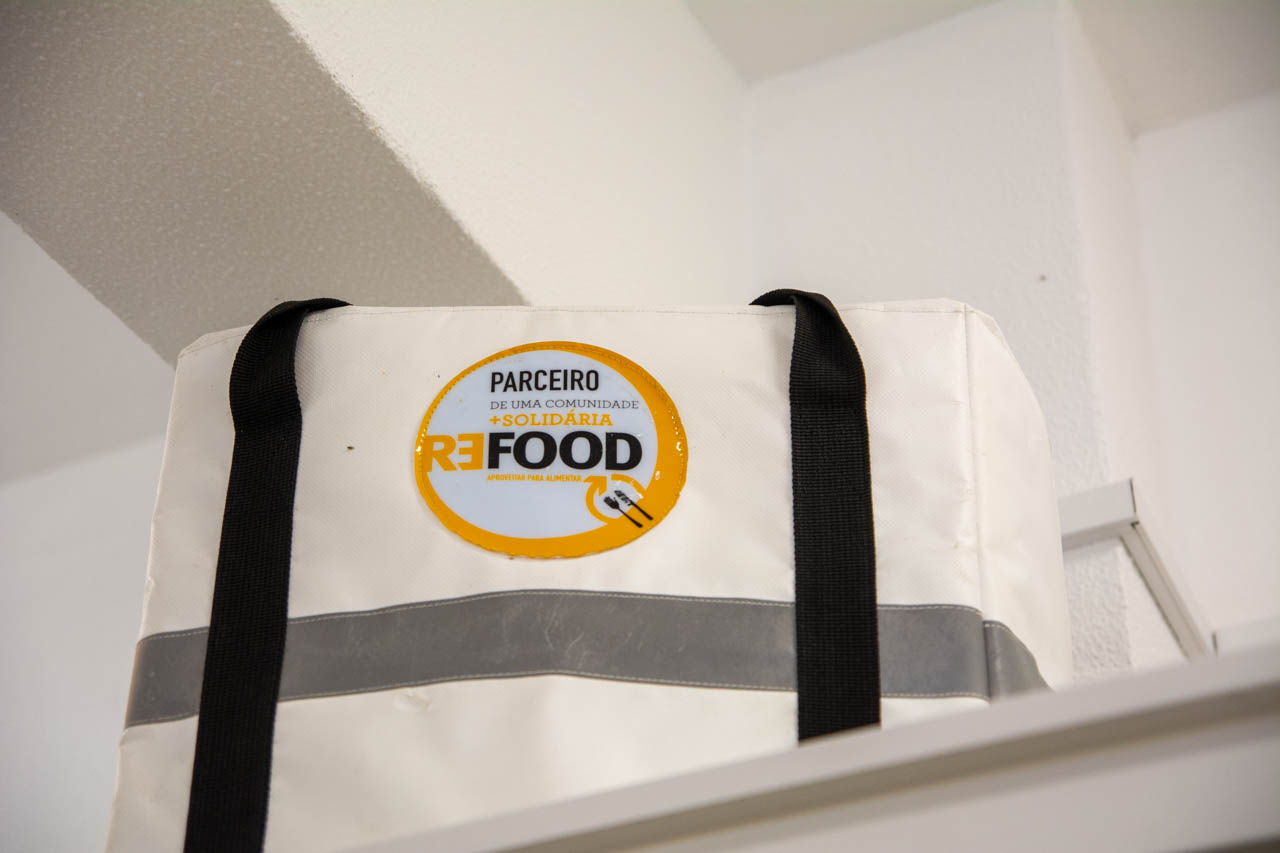
The State, to face the fall in family income, launched support measures, but Paula Matias says that "some do not have the right and those who do tell us that they are insufficient to meet the expenses."
“There are many people who worked, but who were in precarious situations and, therefore, do not have the possibility of accessing support, such as unemployment benefit”, adds Carlos Reis.
The number of requests for help at Refood, in a way, has accompanied the evolution of the pandemic.
“We, before Covid-19, were supporting 114 people. In March 2020, when there was the first confinement, there in the first 2/3 months we immediately doubled. Then came summer and there were some people who managed to stabilize. Then, from mid-September, we started to feel again a degree of increase in orders. In November, December, there was a very large increase and we reached 350 people and it has been maintained».
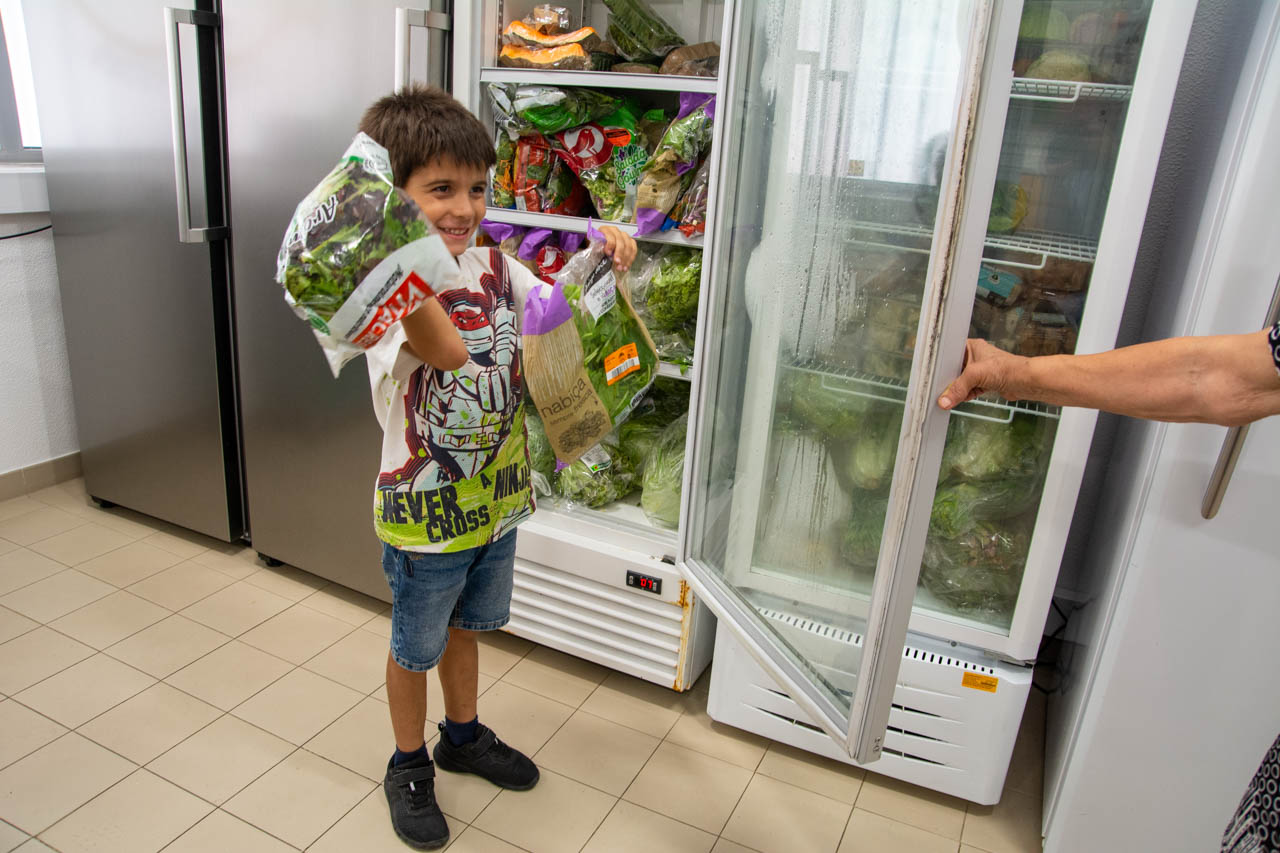
But this stabilization will not last long, in the opinion of Paula Matias. The experience we have tells us that, as we move towards the two years of the pandemic, the situation will not stabilize, but it will get worse. Now it's summer time and it's improving a little, but we're going to have a very complicated winter, which makes us think about alternatives. If we have an increase in requests for help, we must also increase the capacity to respond in terms of food and also in volunteers».
But not everything is bad. And if there is one thing this pandemic has shown, it is the ability to mobilize people to help those in need.
«The council of Faro it's been very united, we can't say otherwise. We have people who cook in their homes and who donate meals to families, we have people who donate non-perishable food. We have had the support of the Food Bank, which has been important, especially when there was no surplus in the hypermarkets, but we have also had the population very united. We went from 130 to 300 volunteers and whenever we make an appeal, we have had a response from the community. Even so, we continue to need volunteers, oddly enough», concludes Paula Matias.
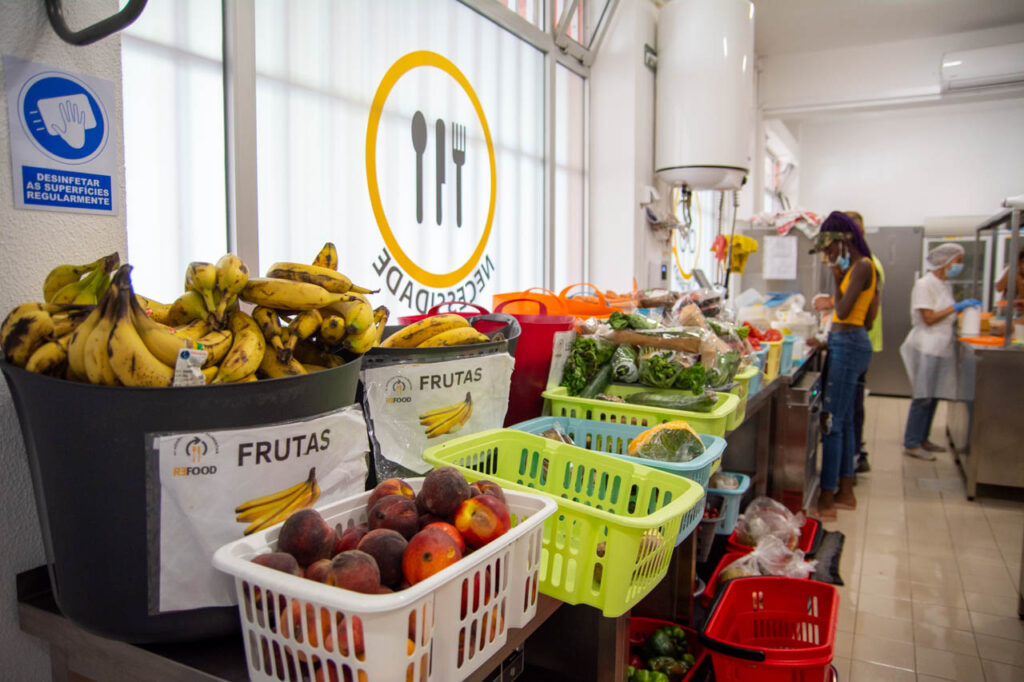



















Comments